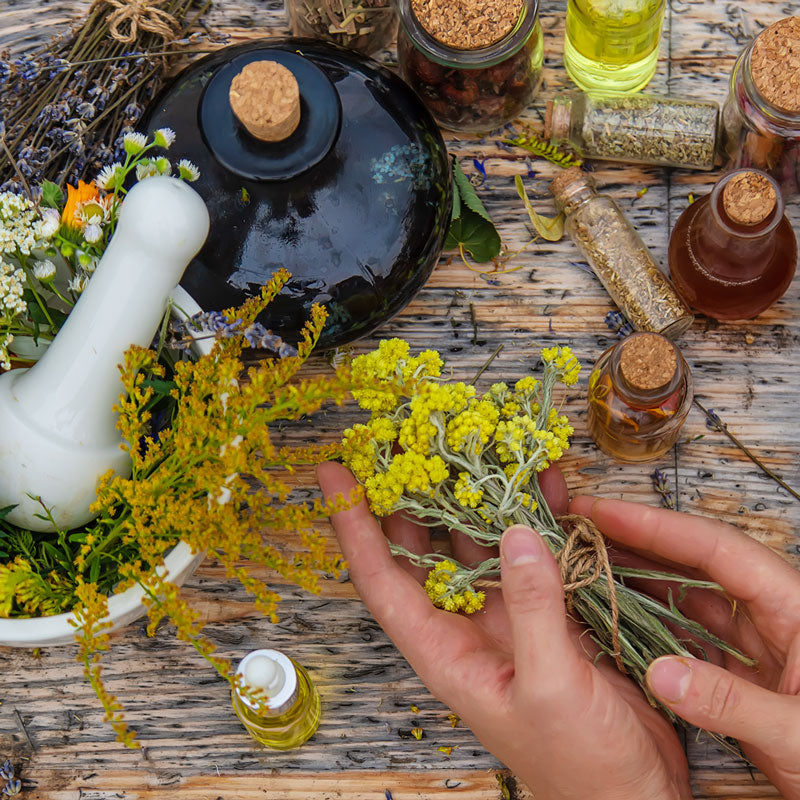Top 15 Herbal Ingredients That Support Immune Function Health

This post is for educational purposes only. Culinary Solvent does not sell herbs or make any health claims. The uses mentioned reflect traditional practices and should not be interpreted as medical advice.
Across cultures and generations, herbalists have turned to nature to support the body’s natural defenses and maintain wellness. Many herbs have been traditionally used to promote vitality, resilience, and balance—especially during seasonal changes or times of stress. But not all herbs are created equal, and understanding the unique properties of certain herbs is the first step to choosing which ingredients to incorporate into your daily wellness routine. In this guide, we explore the top 15 herbs that have long been valued in traditional herbalism for their roles in immune system and microbial support.
Herbs Traditionally Used to Support Immune Health
Boneset – Traditionally used to support resilience during seasonal changes and to maintain general wellness.
Calendula – Historically applied to support skin health and used in topical and internal herbal blends.
Echinacea – A staple in North American herbalism, often included in preparations during seasonal wellness routines.
Frankincense – Traditionally used in spiritual, aromatic, and wellness practices to encourage clarity and support the breath.
Garlic – Valued in traditional herbalism for its warming properties and historical use in culinary and wellness applications.
Ginseng – Revered in Asian herbal traditions for its role in supporting stamina and vitality.
Goldenrod – Historically used in folk remedies for its toning and balancing properties, especially during seasonal shifts.
Holy Basil – Used in Ayurveda for promoting balance and helping the body adapt to stressors.
Myrrh – A resin used for centuries in traditional rituals and wellness practices, often incorporated into oral and topical herbal preparations.
Nettle (Stinging Nettle) – Valued in traditional European herbalism for its nourishing properties and tonic uses.
Onion – Featured in folk medicine for its warming character and long history in food-based wellness.
Oregano – A culinary herb also used traditionally for its aromatic and cleansing qualities.
Shepherd’s Purse – Historically included in herbal traditions to support circulatory balance and topical applications.
Spilanthes – Sometimes referred to as “toothache plant,” this herb has a history of use in traditional oral care blends.
Thyme – Used in Mediterranean folk medicine for its aromatic properties and culinary-wellness crossover.
One of the most reliable ways to extract and preserve key plant compounds is through traditional tincture-making. Using USDA Certified Organic 200 proof food grade ethanol provides an efficient and clean method for capturing and storing botanical ingredients in liquid form. Whether you're preparing a single-herb tincture or a custom blend, working with high-purity ethanol from Culinary Solvent supports a consistent and effective extraction process.
Disclaimer:
These statements have not been evaluated by the FDA. Consult your healthcare provider before using herbal preparations, especially if you have health conditions or take medications.























